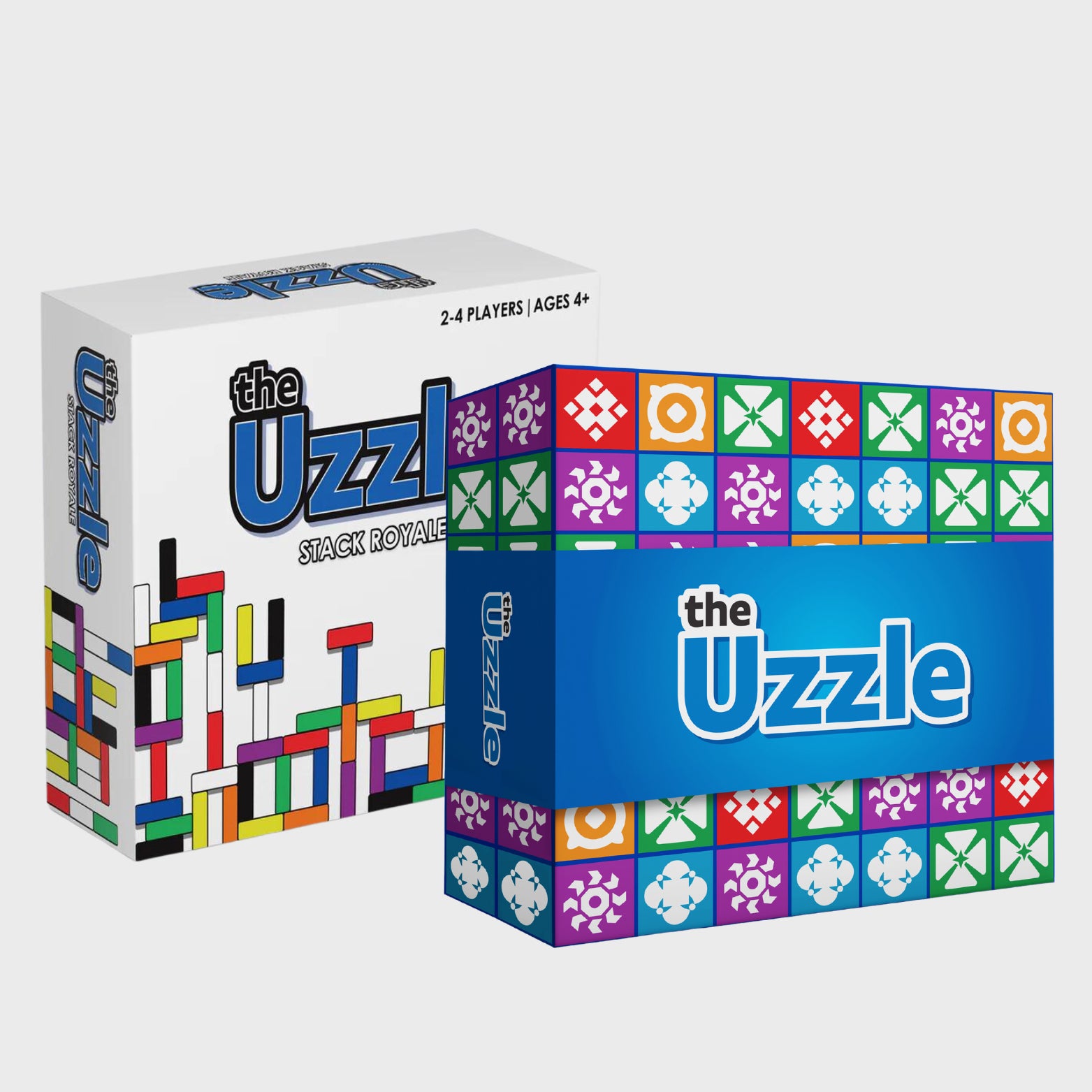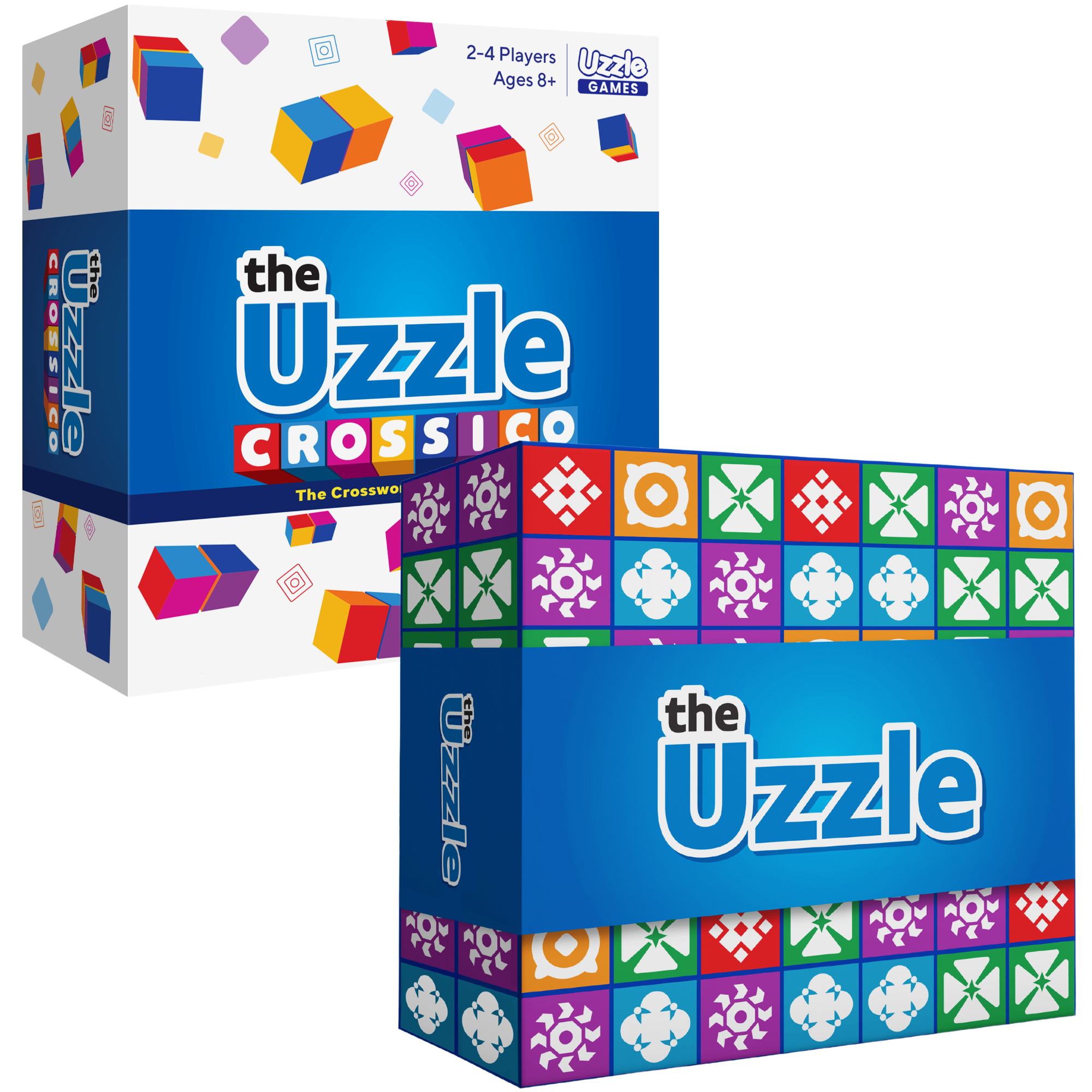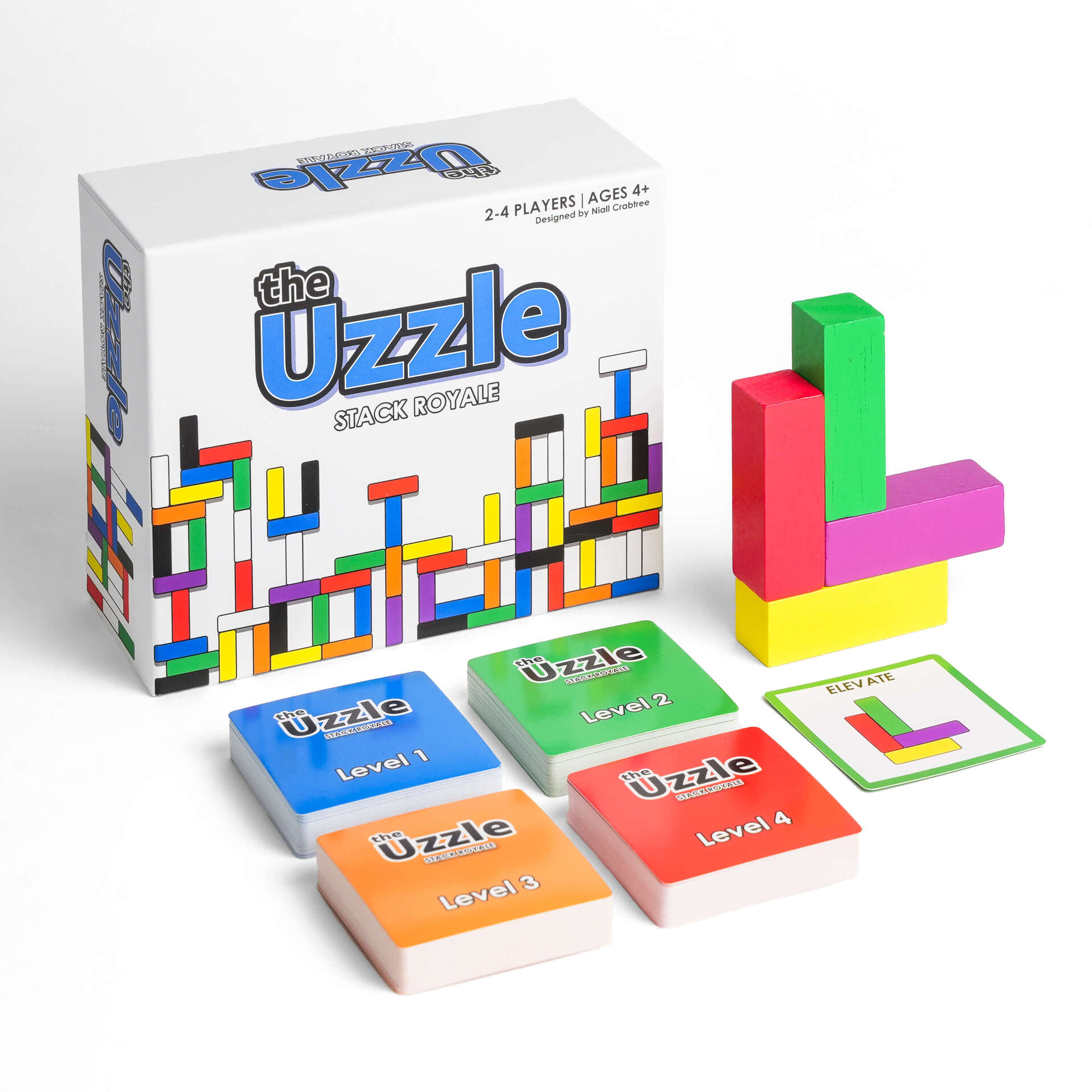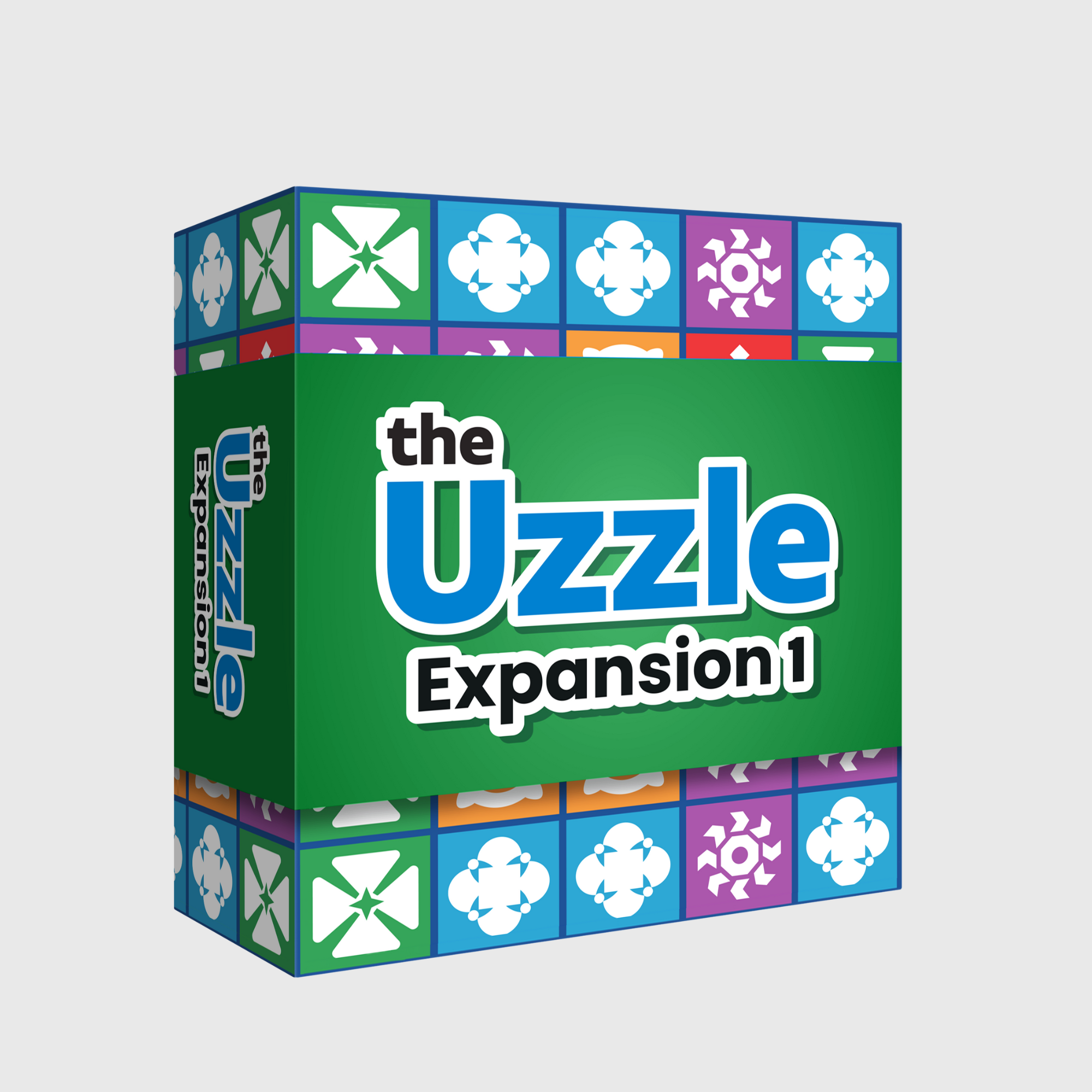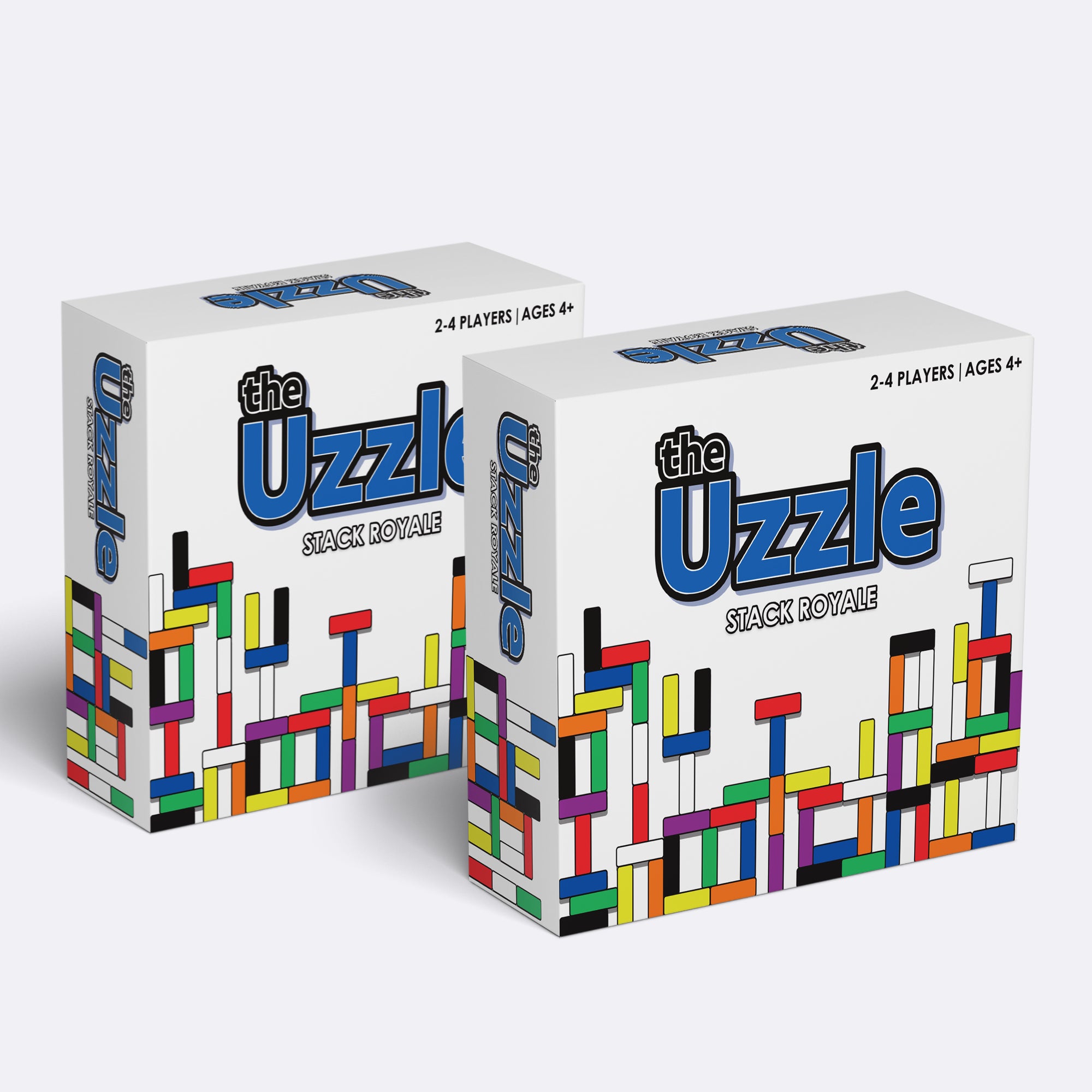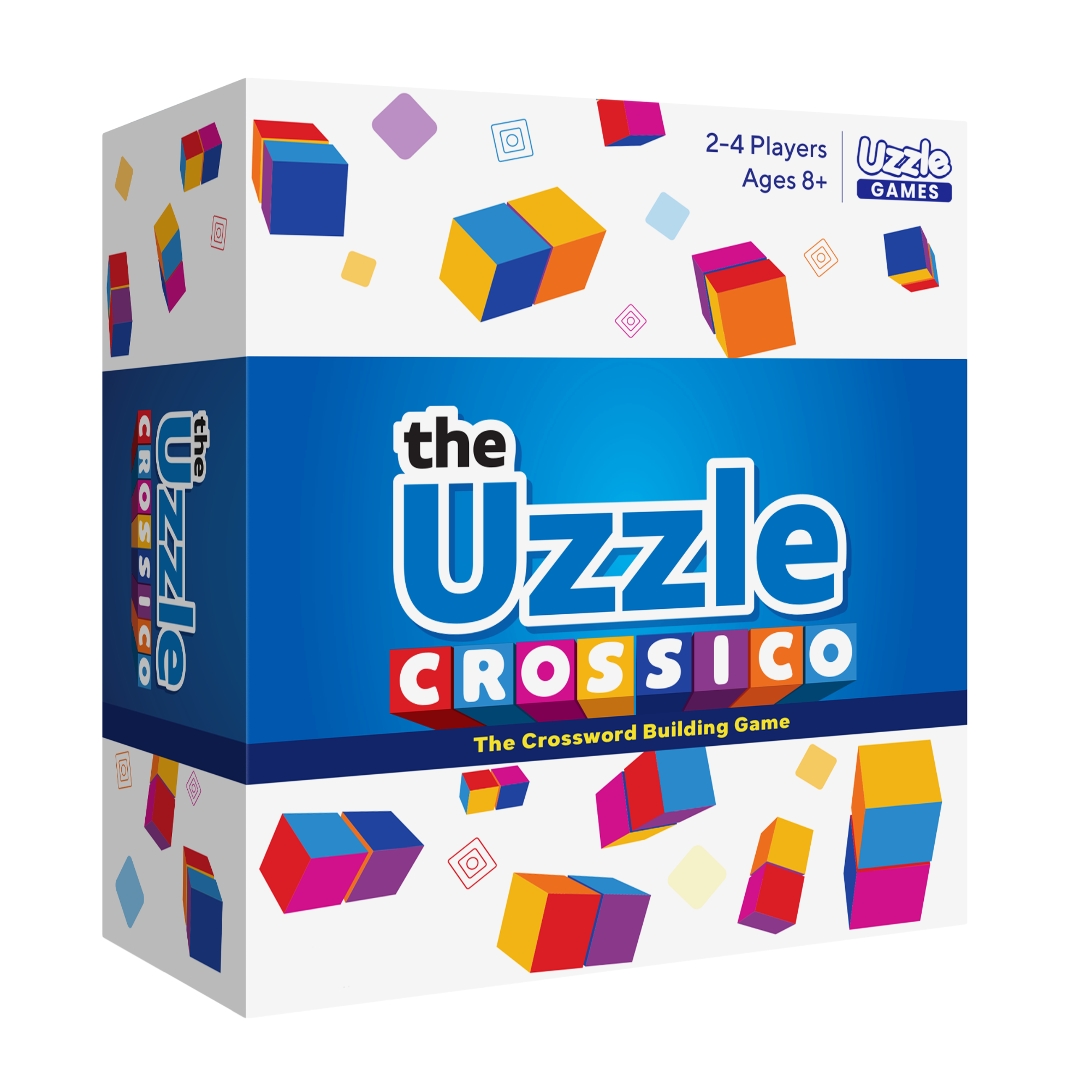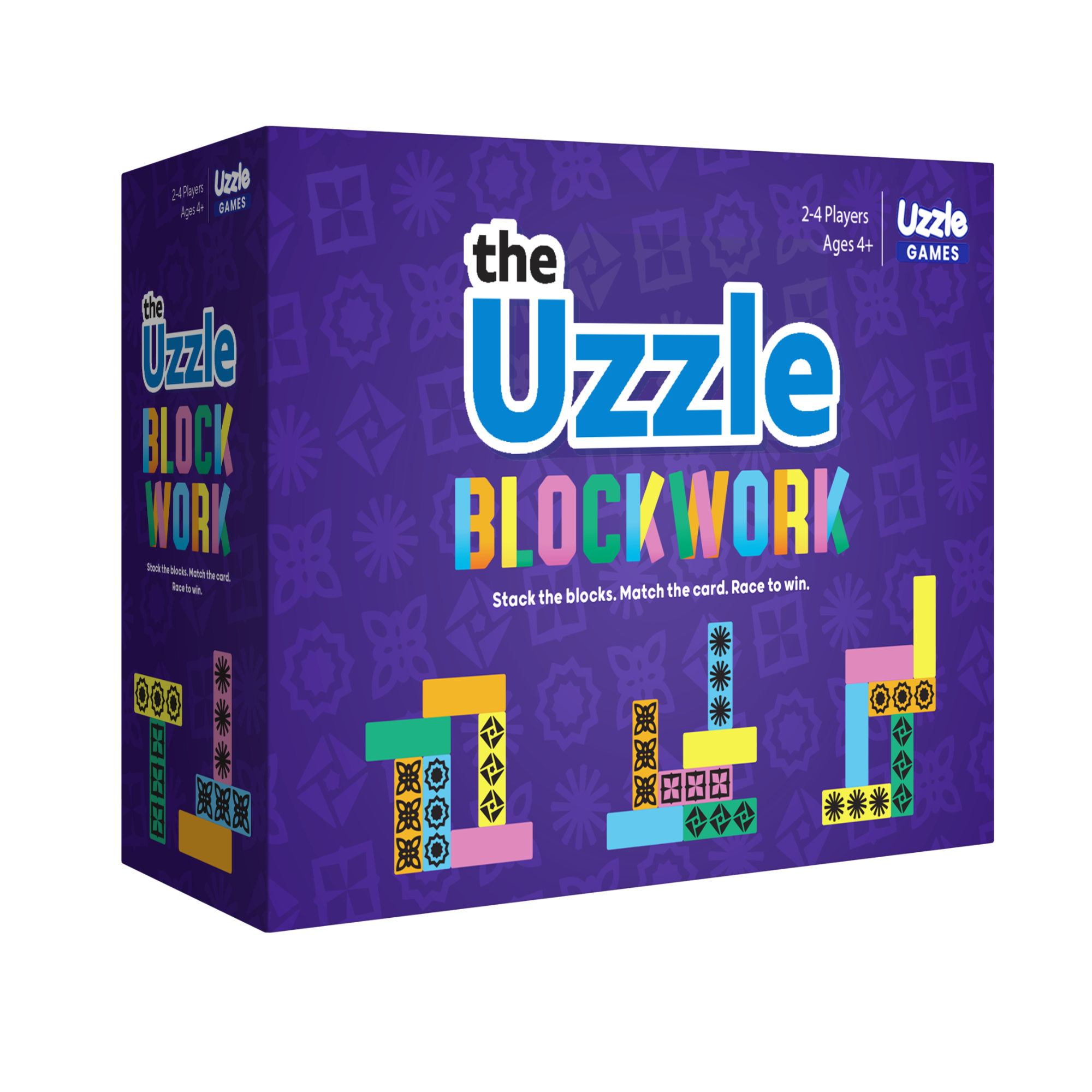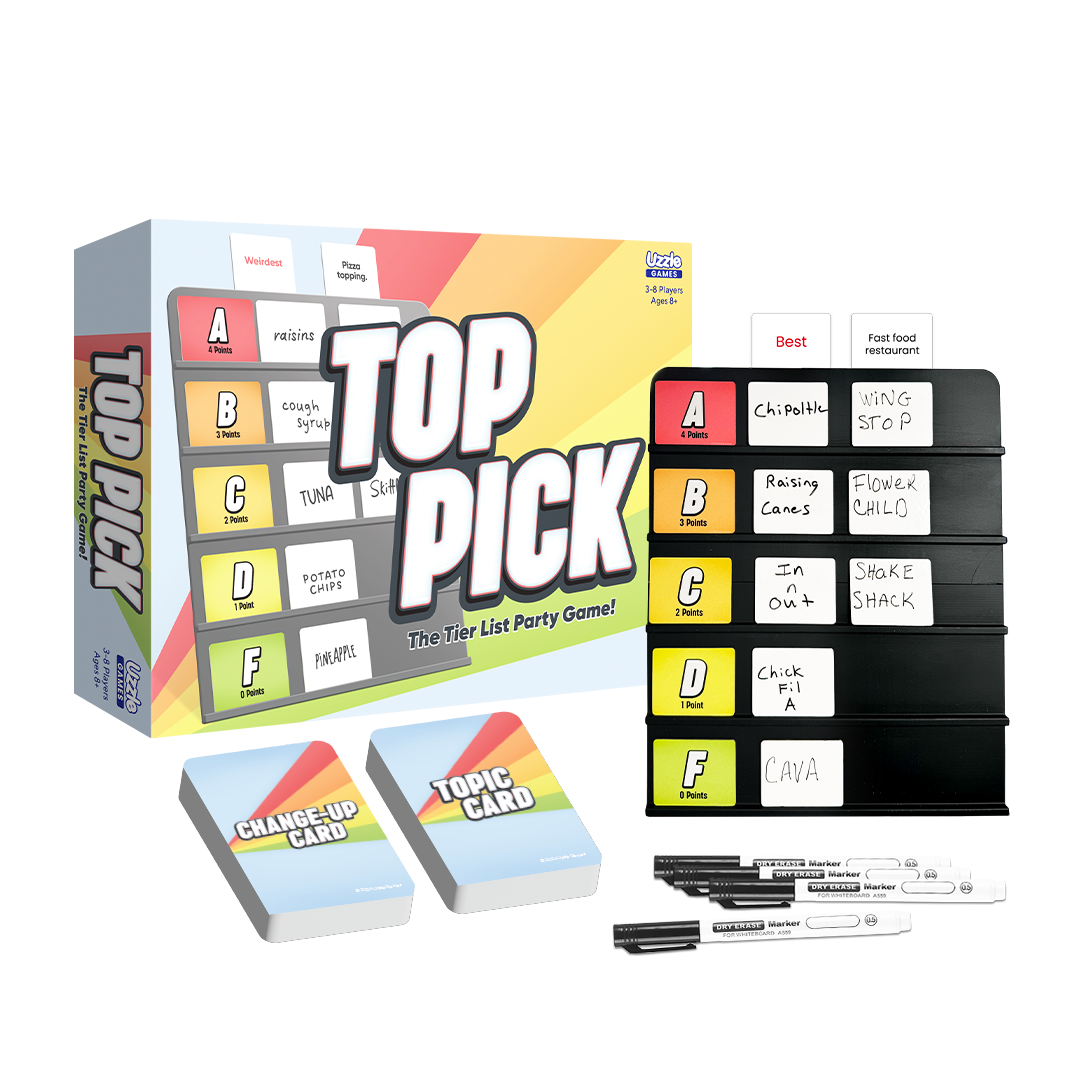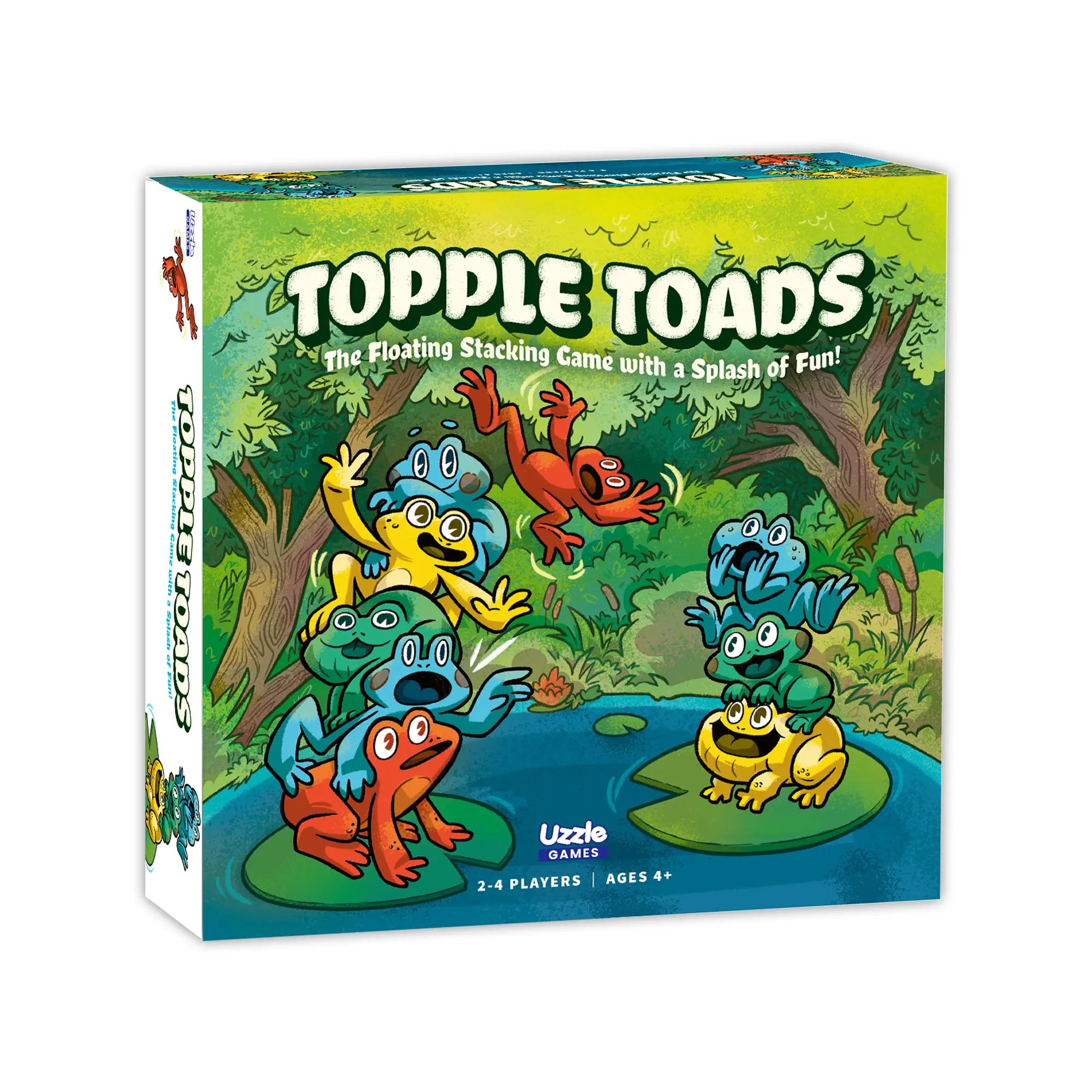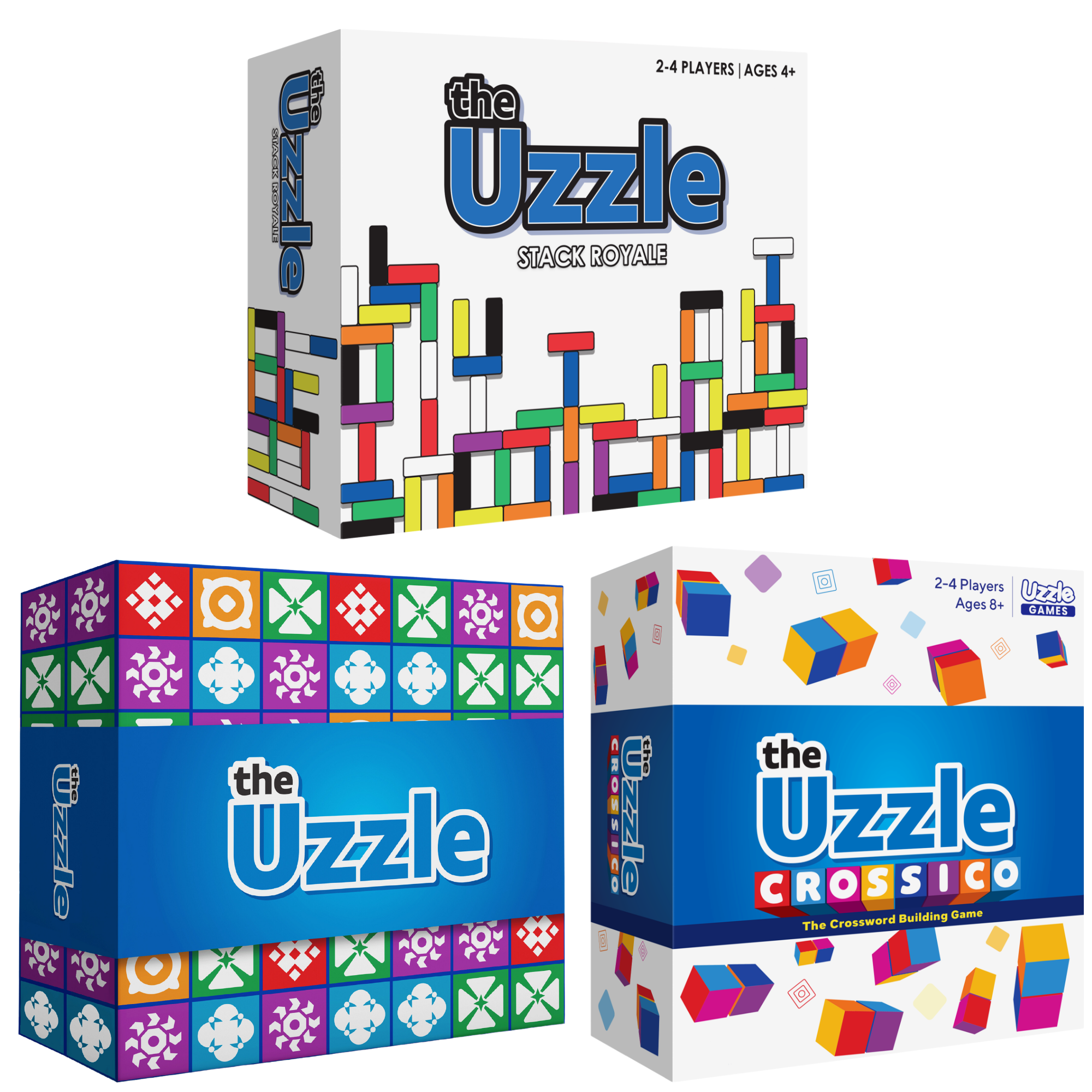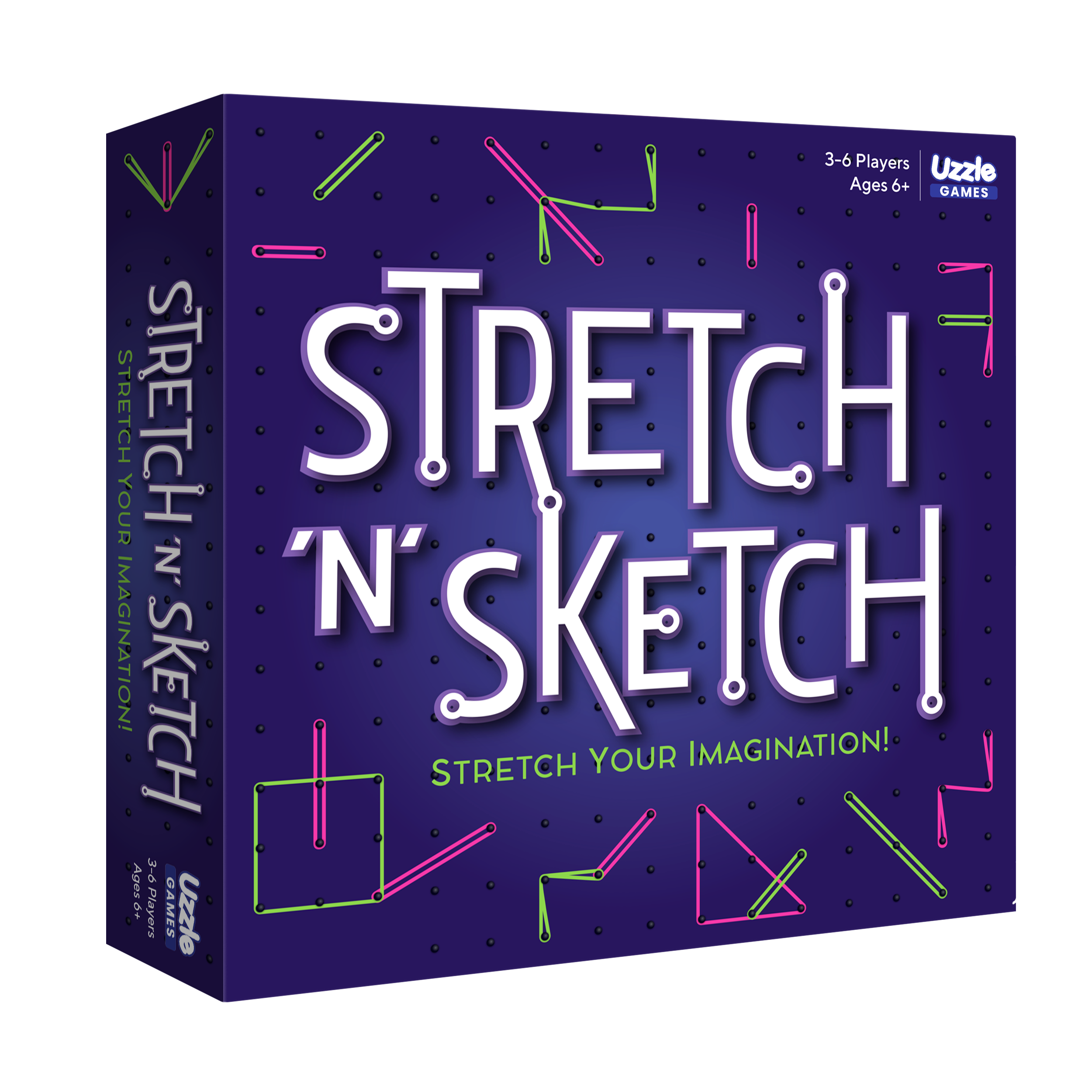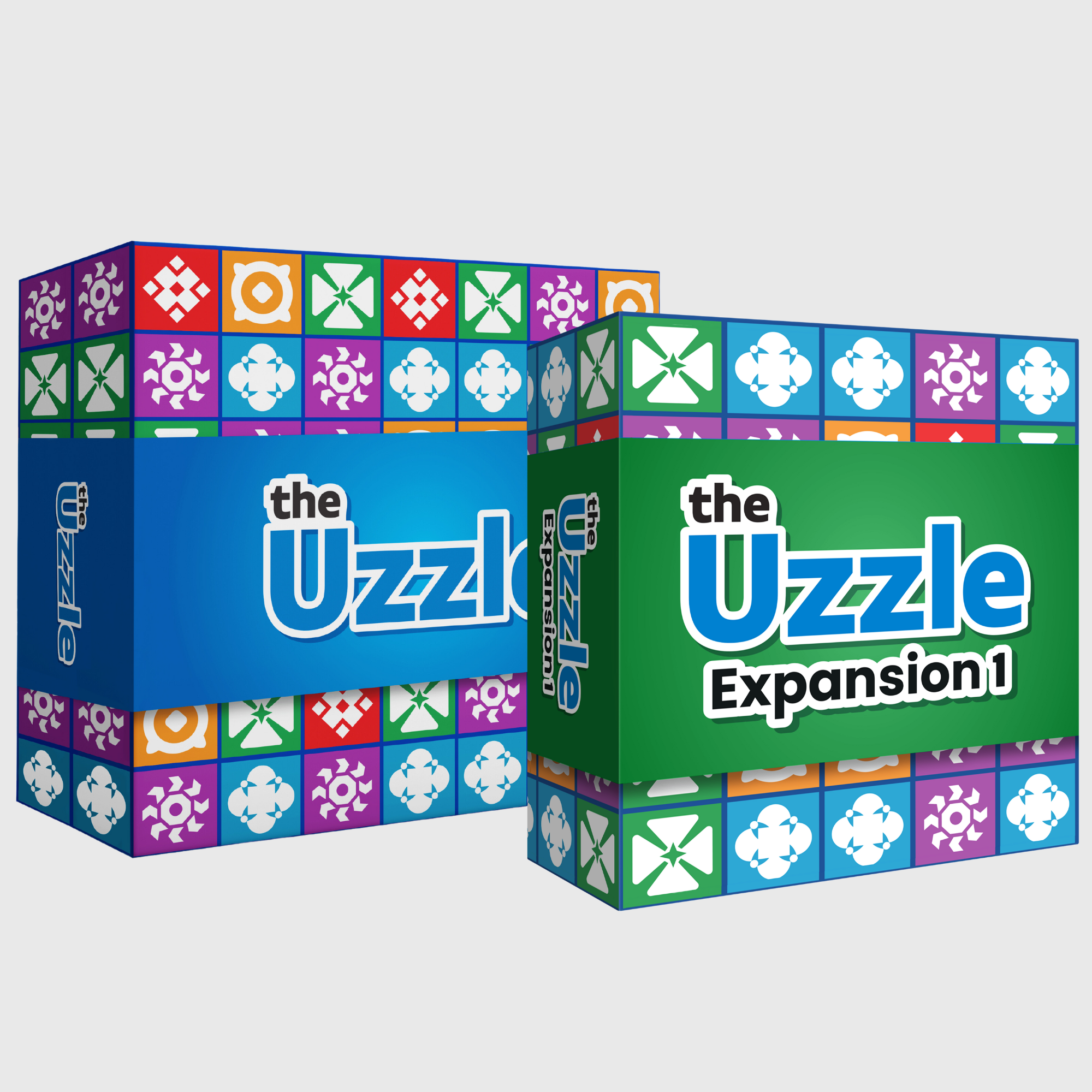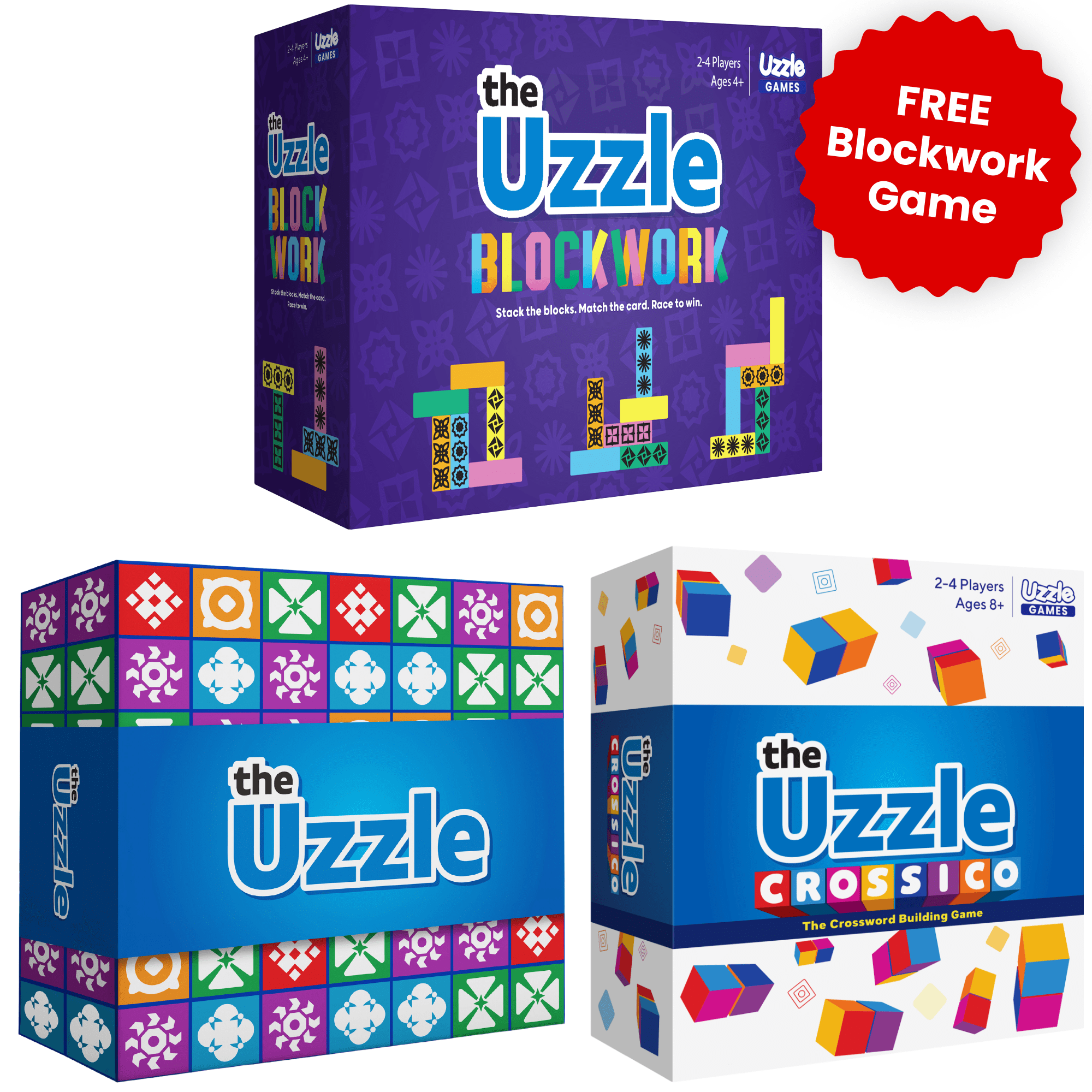Best Board Games and Puzzles for Elementary School
Best Games and Puzzles That Elementary Students Love
Our collection of board games and puzzles provides engaging learning opportunities while delivering hours of entertainment for elementary school students. These carefully selected items support academic growth, social development, and critical thinking skills across grades K-5. From quick-playing card games to more complex strategic challenges, we offer options for different learning styles, subject areas, and skill levels.
Build Core Academic Skills Through Play
Board games and puzzles offer a powerful way to reinforce key elementary concepts in math, reading, and problem-solving. Our selection helps students practice multiplication, improve vocabulary, develop spatial reasoning, and strengthen other fundamental skills through hands-on engagement. These games create natural learning opportunities that feel like play rather than work, helping students build confidence while mastering important academic concepts.
Develop Social-Emotional Learning
These games and puzzles create structured opportunities for elementary students to practice crucial social skills like taking turns, following rules, and being gracious winners and losers. Through collaborative and competitive play, children learn emotional regulation, communication, and teamwork - essential to academic and personal growth.
Shop our other collections:
Foster Critical Thinking & Problem Solving
Our curated collection helps elementary students develop strategic thinking, planning, and creative problem-solving abilities. Whether working independently on logic puzzles or collaborating on strategy games, children strengthen cognitive skills that transfer directly to academic success. Each item includes precise age and skill level recommendations to ensure an appropriate balance of challenge and achievement.

